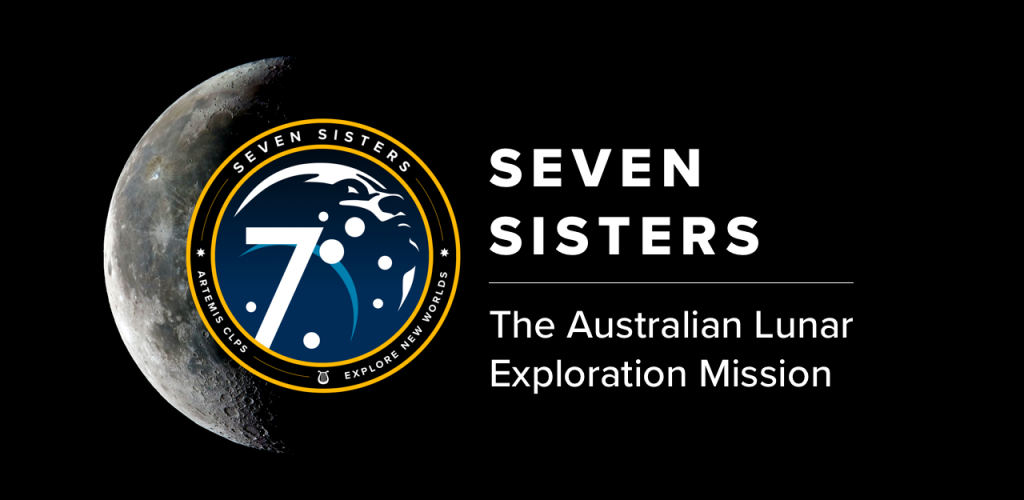Fleet Space announces Seven Sisters space mission

After a year in stealth mode, SEVEN SISTERS, Australia’s first Lunar Exploration Mission, has been unveiled by Adelaide based satellite startup Fleet Space Technologies.
SEVEN SISTERS is the Australian Lunar Exploration Mission to send nanosatellites and exploration sensors to the Moon to search for abundant, accessible water and resources in 2023, supporting NASA’s Artemis Program.
Led by a consortium of space, industry and research players, SEVEN SISTERS is a purpose-driven mission of discovery. Fleet Space Technologies, OZ Minerals, University of Adelaide, UNSW, Unearthed, Tyvak Australia and Fugro are already developing advanced technologies designed to transform space exploration. The founding members have spent 2020 adapting proven technologies for this ground-breaking mission.
With Fleet Space’s Centauri constellation already operating in Low Earth Orbit and the first generation of prototype probes being deployed and tested this summer, the mission is already proving hardware and space systems for future use on the Moon and Mars.
“We are thrilled to launch our mission utilising the best of Australia’s capabilities.” Fleet Space CEO, Flavia Tata Nardini says. “It is critical that Australia supports NASA’s Artemis Program with high-maturity systems. Our satellites are already in space and our consortium members have proven capabilities in the most demanding environments on Earth. We are ready!”
A key goal of the SEVEN SISTERS Program is to secure Australia’s place as a specialist leader in space exploration by 2030. SEVEN SISTERS is developing new resource exploration techniques for Earth, the Moon and Mars. These tools will help NASA identify viable deposits of water and other resources more efficiently. Ultimately, this work will underpin further exploration throughout our solar system. Using massive arrays of sensors on the lunar surface to generate rich images of subsurface water and mineralisation, Artemis will be equipped with the data it needs to make prudent decisions ahead of robotic and human exploration.
This inspirational, high-impact Australian mission will leverage the existing private investment in Australian space technology, as well as Australia’s core strengths in remote operations, communications and exploration. Developing an exceptionally strong Australian space sector will create thousands of high-technology jobs along the way.
“This is the space race Australia can win,” says SEVEN SISTERS Mission Director Matt Pearson. “In-situ resource utilisation is key to having permanent bases on the Moon, Mars and beyond.”
The SEVEN SISTERS name is inspired by the star cluster known as the Seven Sisters, or Pleiades, which features in both Aboriginal star dreaming stories and in Ancient Greek mythology. The Seven Sisters were the companions of Artemis, and this name was chosen as Australia embarks on a companion mission to NASA’s Artemis Program: to land the first woman and next man on the Moon by 2024.
“Australia is a world leader in mining engineering research and automation. It has the largest resources companies and it makes a lot of sense for our young space industry to concentrate on an area of Australian strength. The SEVEN SISTERS mission offers a real opportunity to leverage strong Australian technology to promote human endeavours on the moon.” says Professor Andrew Dempster, Director of the Australian Centre for Space Engineering Research (ACSER).
Backed by Blackbird Ventures, Horizons Ventures and Mike Cannon-Brookes, Fleet Space Technologies was founded in South Australia in 2015 and made history by launching Australia’s first commercial nanosatellites in 2018, the beginning of a planned constellation of 140 LEO nanosatellites that will support the Internet of Things (IoT) by connecting billions of digital sensors already transforming industries from energy and utilities to mining. Fleet Space is scheduled to launch its next generation of nanosatellites in 2021.
